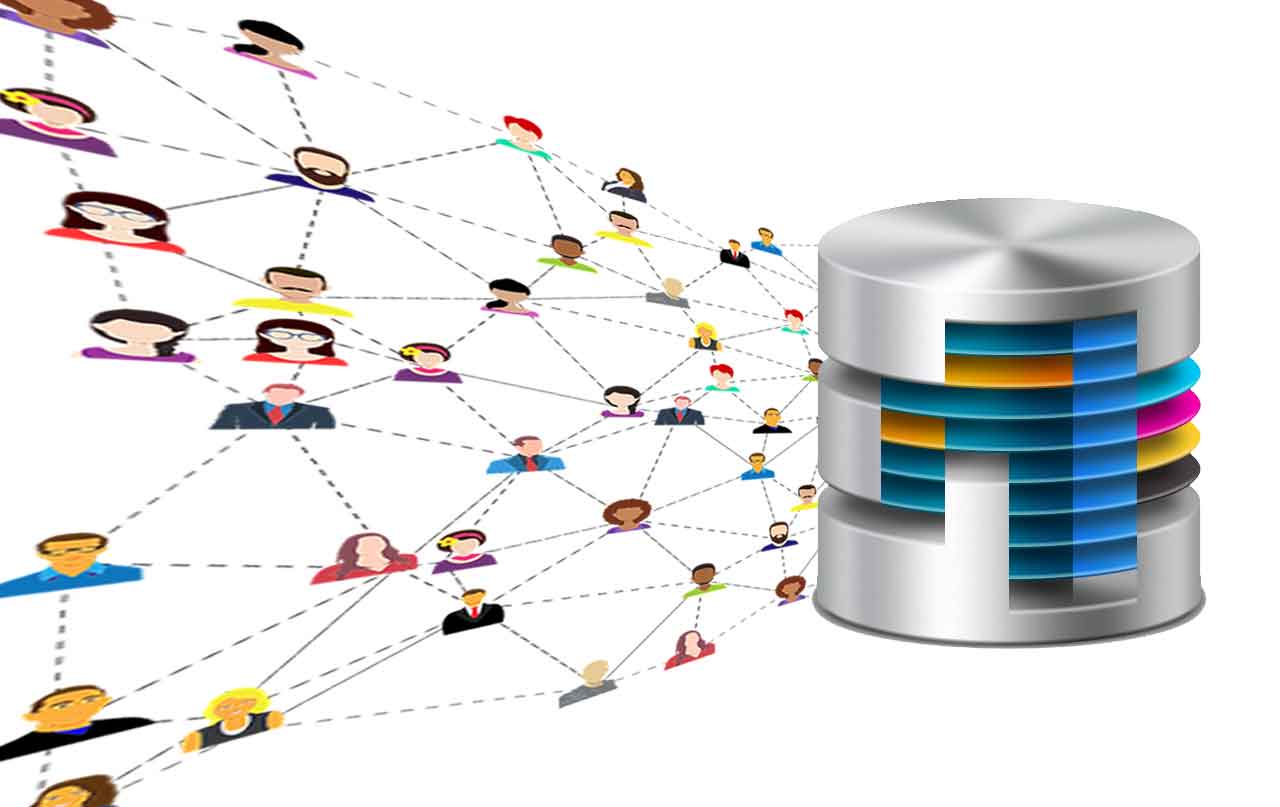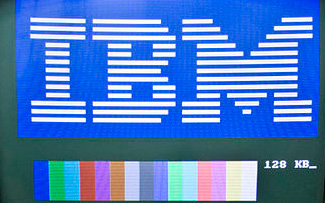
"Garbage In, Garbage Out"
Police lacking high-quality images train algorithms on forensic sketches, ‘proxy images’ from artist renderings, or images of celebrity look-alikes.
Georgetown Law Center on Privacy and Technology | May 16, 2019
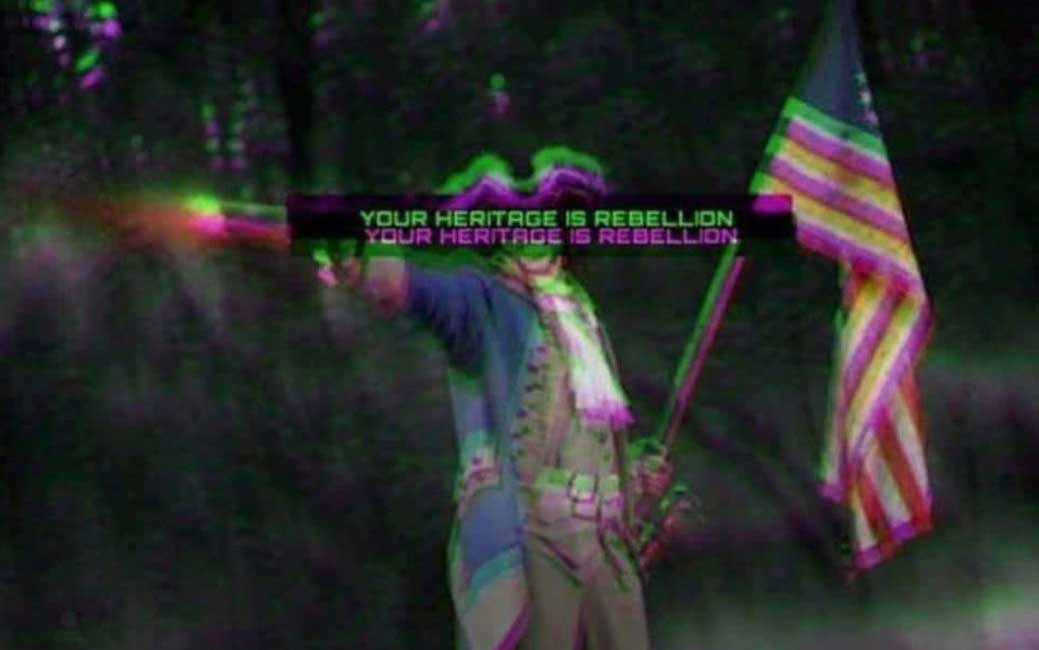
“The Boogaloo Movement is Not What You Think"
Investigation into the social media posts of Boogaloo groups, especially on 4chan and Facebook.
Bellingcat | May 27, 2020

Face recognition fails '96% of the time'
Detroit Police Chief explains that facial-recognition software used by police is extremely inaccurate.
Insider | June 30, 2020
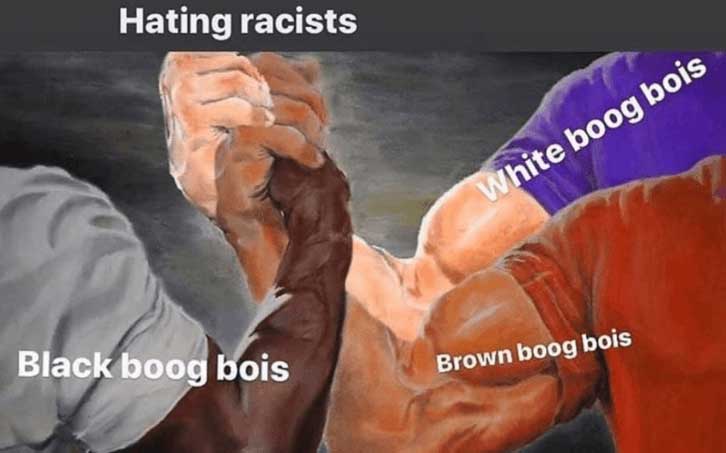
The Boogaloo Movement
Research on the origins, ideology, social media presence, and real world activity of the Boogaloo Movement.
Anti-Defamation League
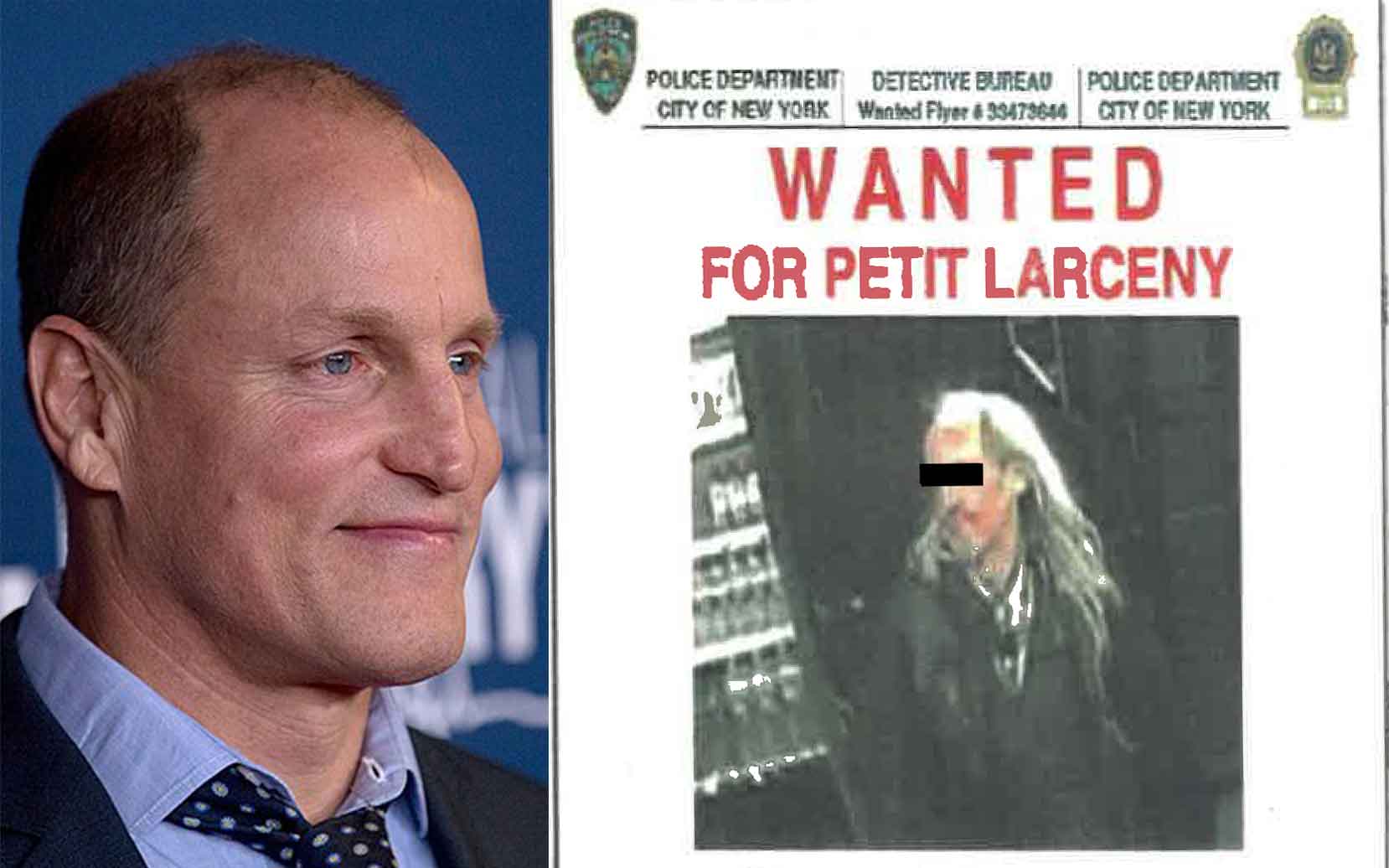
Police Use of Celebrity Photos
NYPD uses “celebrity comparison“ techniques to “brute force” facial recognition searches when they don’t have good images.
Vice News | May 16, 2019
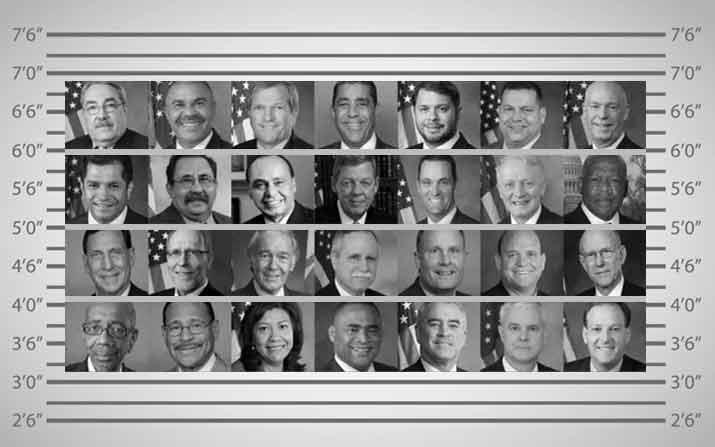
"Amazon face recognition falsely matches 28 lawmakers with mugshots"
ACLU used Amazon's low, out-of-the-box 80% accuracy threshold.
The Guardian | July 28, 2016

“The 'boogaloo' 'movement,' explained”
Boogaloo Bois are “an emerging incarnation of extremism that seems to defy easy categorization.”
Vox | June 8, 2020
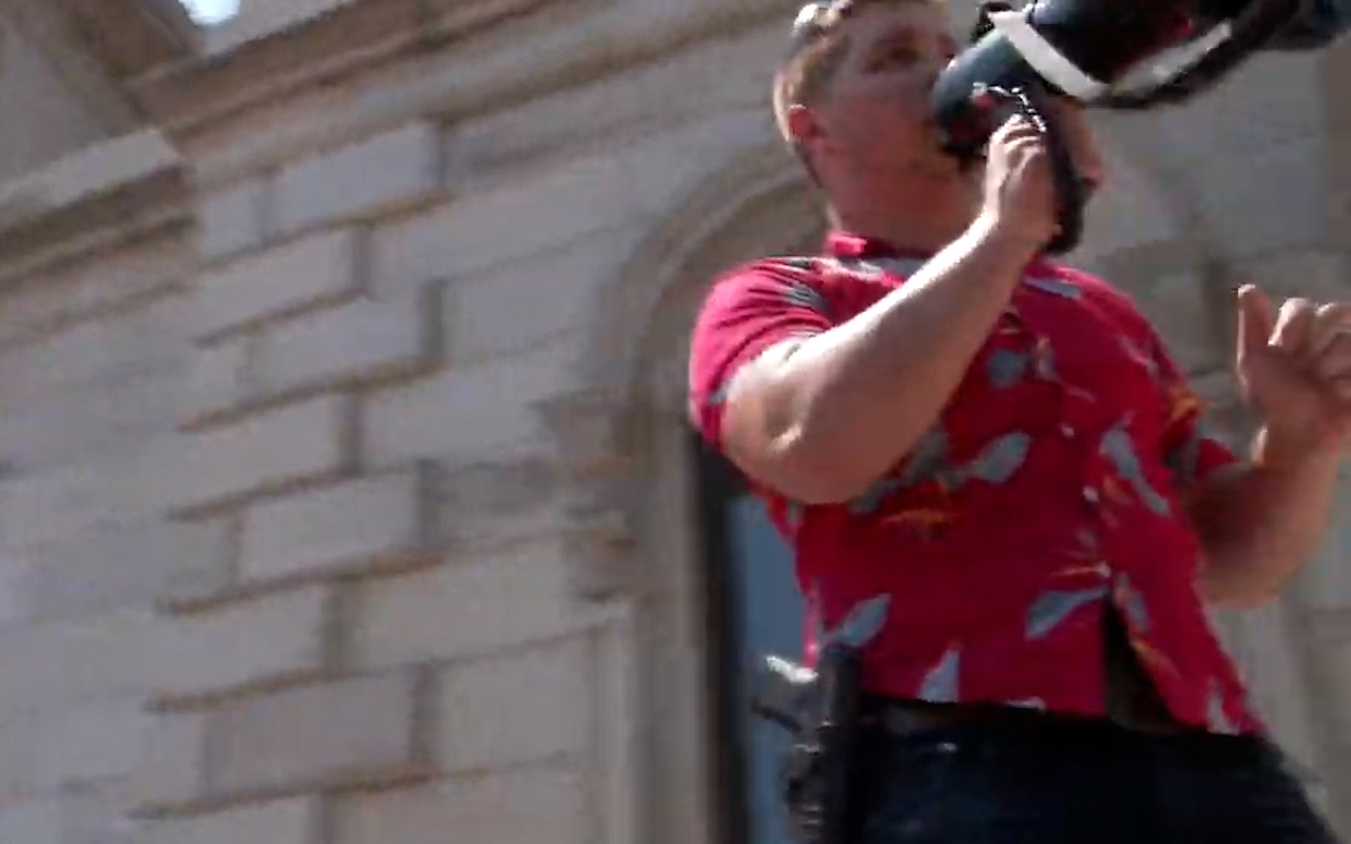
“The Making of a Boogaloo Boi”
Short documentary about the Boogaloo Bois, focusing on Mike Dunn.
Vice News | August 6, 2020
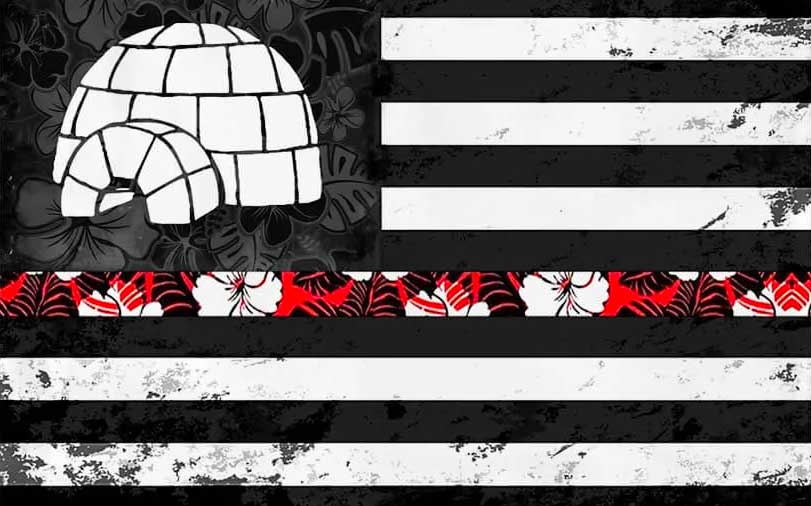
"From Black Panthers to Boogaloo Bois"
Boogaloo Bois, Black Lives Matter 757 Militia, and Black Panthers gather for Lobby Day gun rights rally in Virginia.
LA Times | January 18, 2021
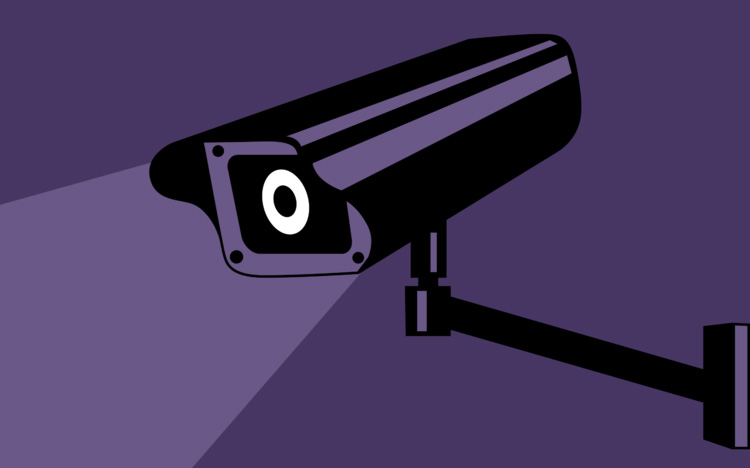
Face Surveillance
Top news and legal advocacy work done by the Electronic Privacy Information Center, including supporting a ban on facial recognition.
Electronic Privacy Information Center (EPIC)
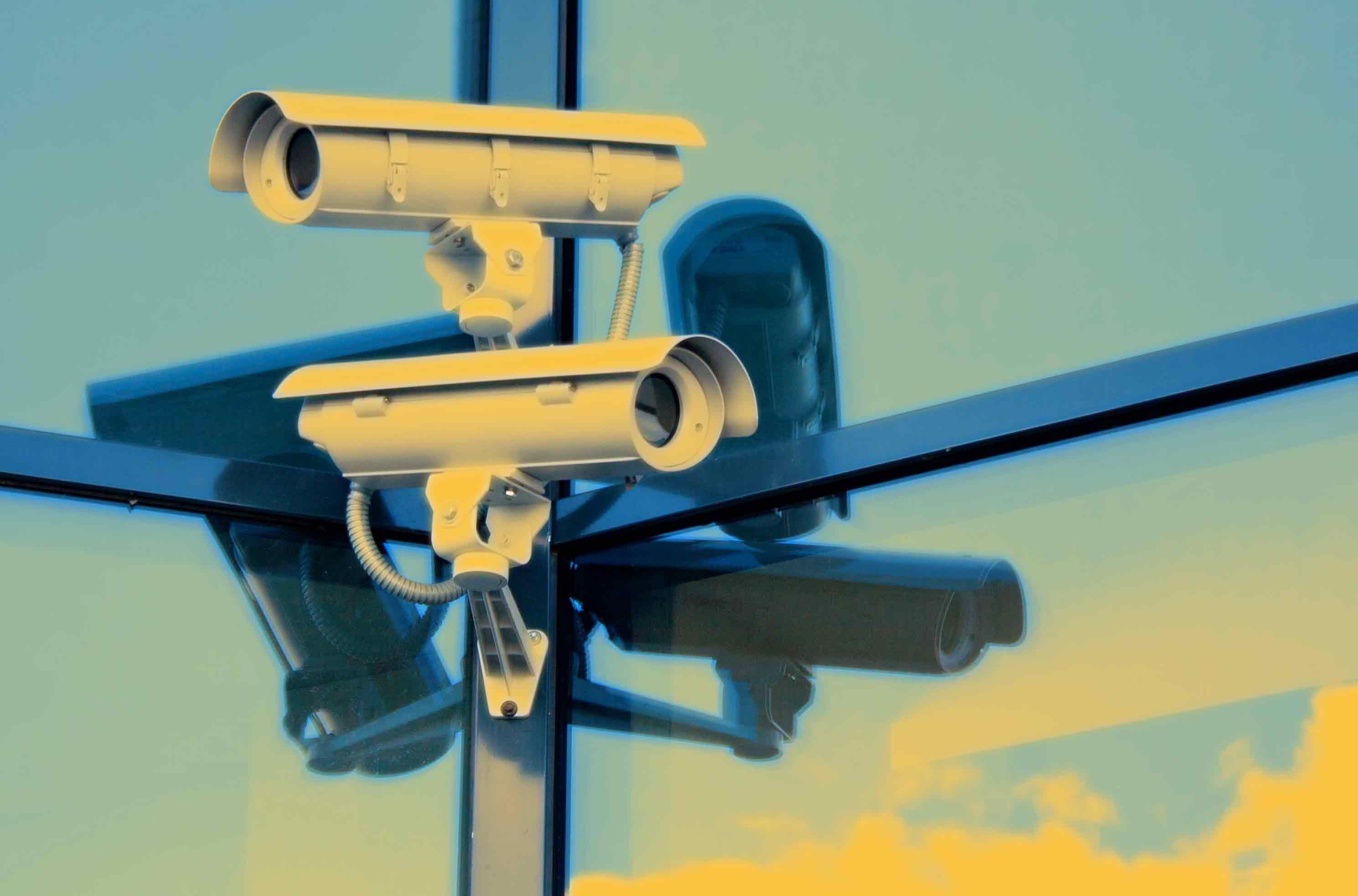
Facial recognition in police hands
Hundreds of law enforcement agencies use Clearview AI’s facial recognition, which is problematic in light of EU privacy and data protection.
New Journal of European Criminal Law | August 13, 2020
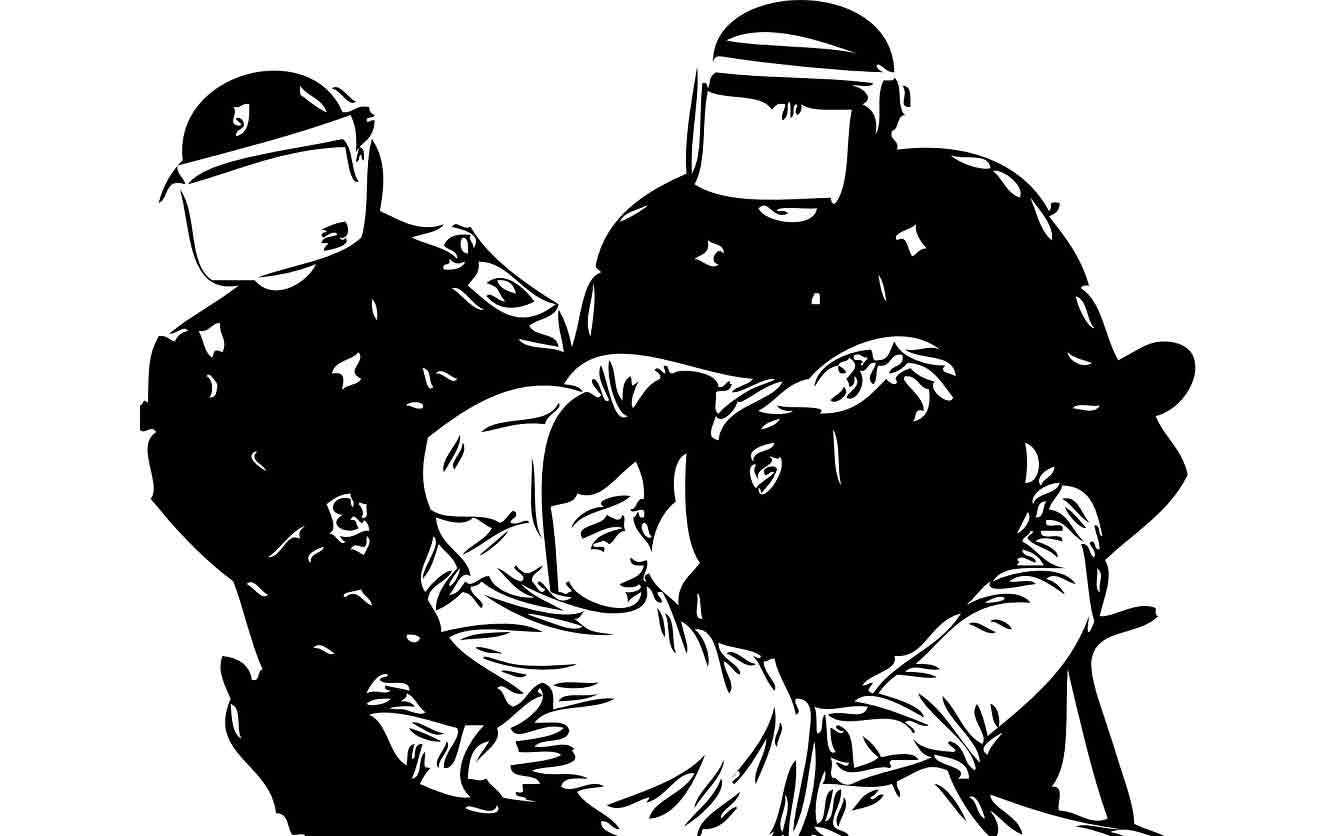
Fitting the description
Facial recognition technologies are predicated on human prejudicial biases, which must be interrogated prior to any innovation.
Journal of Responsible Innovation | October 18, 2020
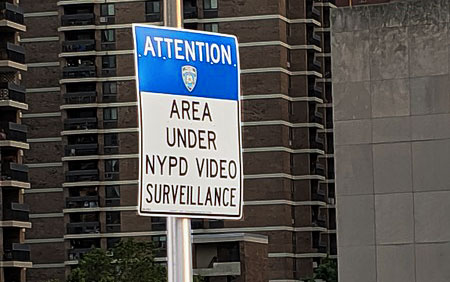
NYPD Surveillance Technology
An overview of the NYPD’s surveillance technology and potential impacts of these tools.
Brennan Center for Justice | October 7, 2019
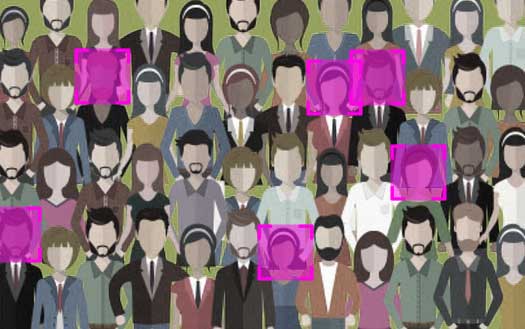
IBM Lets Police Search by Skin Color
IBM used secret access to NYPD camera footage to create search features allowing police to search footage for people by hair color, facial hair, and skin tone.
The Intercept | September 6, 2018

Police Surveillance Machines
Police are customers in the tech market with limited options, little guidance about requesting desirable design features, and few incentives to establish guidelines about their use.
Law and Political Economy | July 23, 2018

